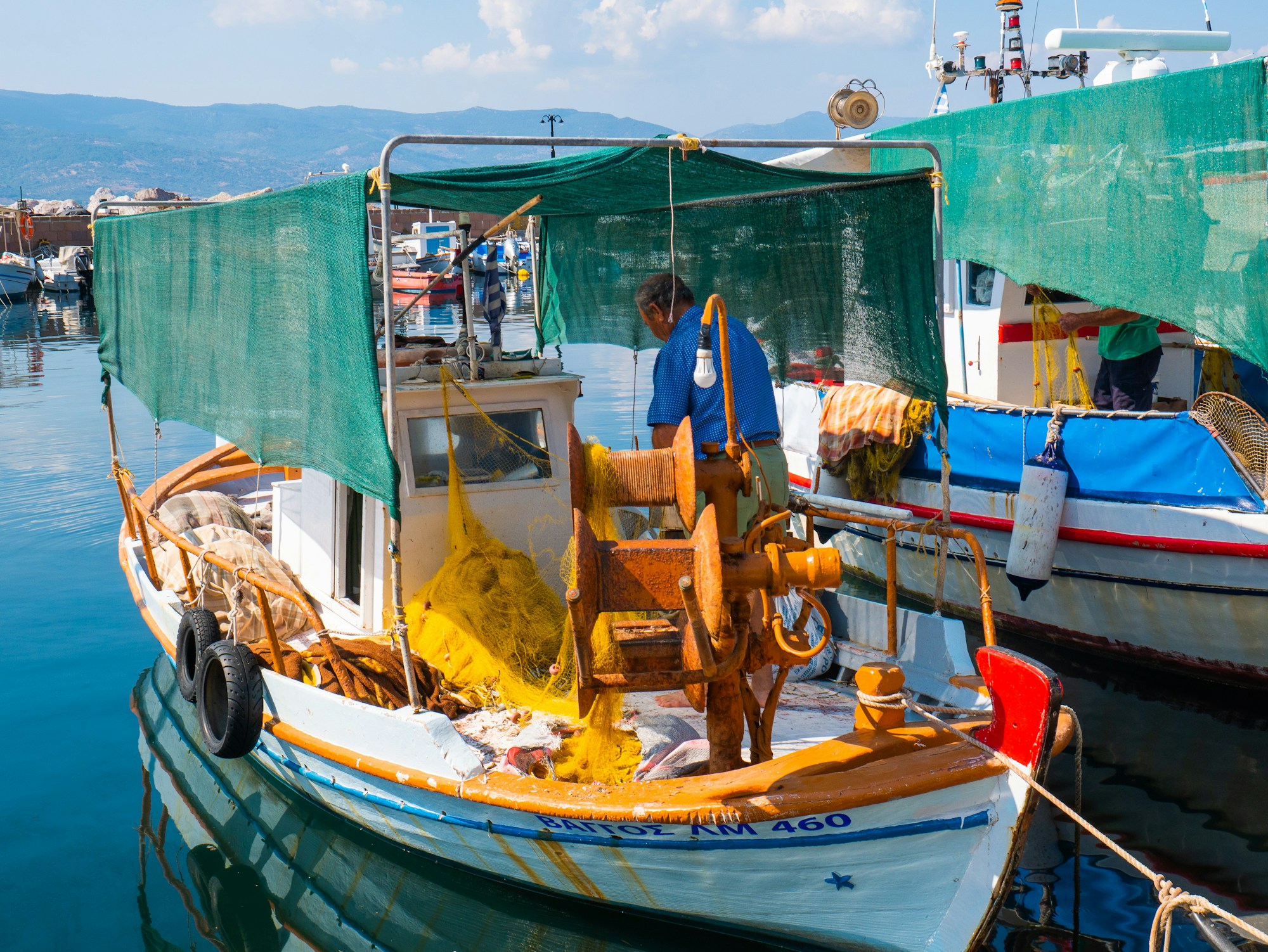Lesbos Island: A Comprehensive Travel Guide
Explore Lesbos Island: Discover Greek culture, stunning beaches, historic castles and vibrant nightlife in this ultimate travel guide. Visit now!

Introducing Lesbos Island
Lesbos, or Lesvos, is a Greek island located in the northeastern Aegean Sea. It's the third-largest Greek island and the eighth largest in the Mediterranean Sea. The island holds a rich tapestry of experiences, from the stunning beach towns of Petra and Anaxos to the verdant forests that blanket its mountainous interior.
Historical Context
The history of Lesbos can be traced back to the late Bronze Age, where the first recorded settlement, the city of Methymna, was founded. Over the years, it saw a variety of occupiers, including the Persians, Romans, Byzantines, Genoese, and Ottomans, each leaving their mark on Lesbos' culture and architecture. The island also holds a special place in Greek literature as the birthplace of the female poet, Sappho.
Cultural Practices
- Music: Lesbos is known for its music festivals and folk dances. The island has its own distinctive style of music called the Lesviotika, which features the violin as the primary instrument.
- Cuisine: Traditional Lesvian cuisine is a must-try. The island is famous for its ouzo and olive oil production. Also notable is its seafood, particularly the sardines from the Gulf of Kalloni.
- Pottery: Lesbos has a long tradition of pottery dating back to ancient times. There are several pottery workshops scattered around the island where visitors can observe this age-old craft.
Festivals
Lesbos hosts several annual festivals. Highlights include the Ouzo Festival in Plomari, the Sardine Festival in Kalloni, the Bull Festival in Agia Paraskevi with traditional bullfights, and the Olive Tree Festival in Gera. But the most anticipated event is perhaps the large-scale carnival held in Mytilene every February, which attracts people from all over Greece.
Local Anecdotes
The island is also known for its old and charming anecdotes. One of such tales is the Miracle of Taxiarchis, where the patron saint of Lesbos is believed to have saved the island numerous times from disasters. Another story mentions a network of secret tunnels used by pirates hidden beneath the city of Mytilene.
Interesting Facts
- The name Lesbos is also associated with the term "lesbian". This term was derived from the works of Sappho, who expressed her love for women in her poetry.
- In 2019, Lesbos was awarded the European Diploma of Protected Areas award by the Council of Europe for its efforts in preserving its natural heritage.
- The island's Petrified Forest of Lesbos is considered a Monument of Natural Heritage and is home to standing petrified trees, which are 15-20 million years old.
